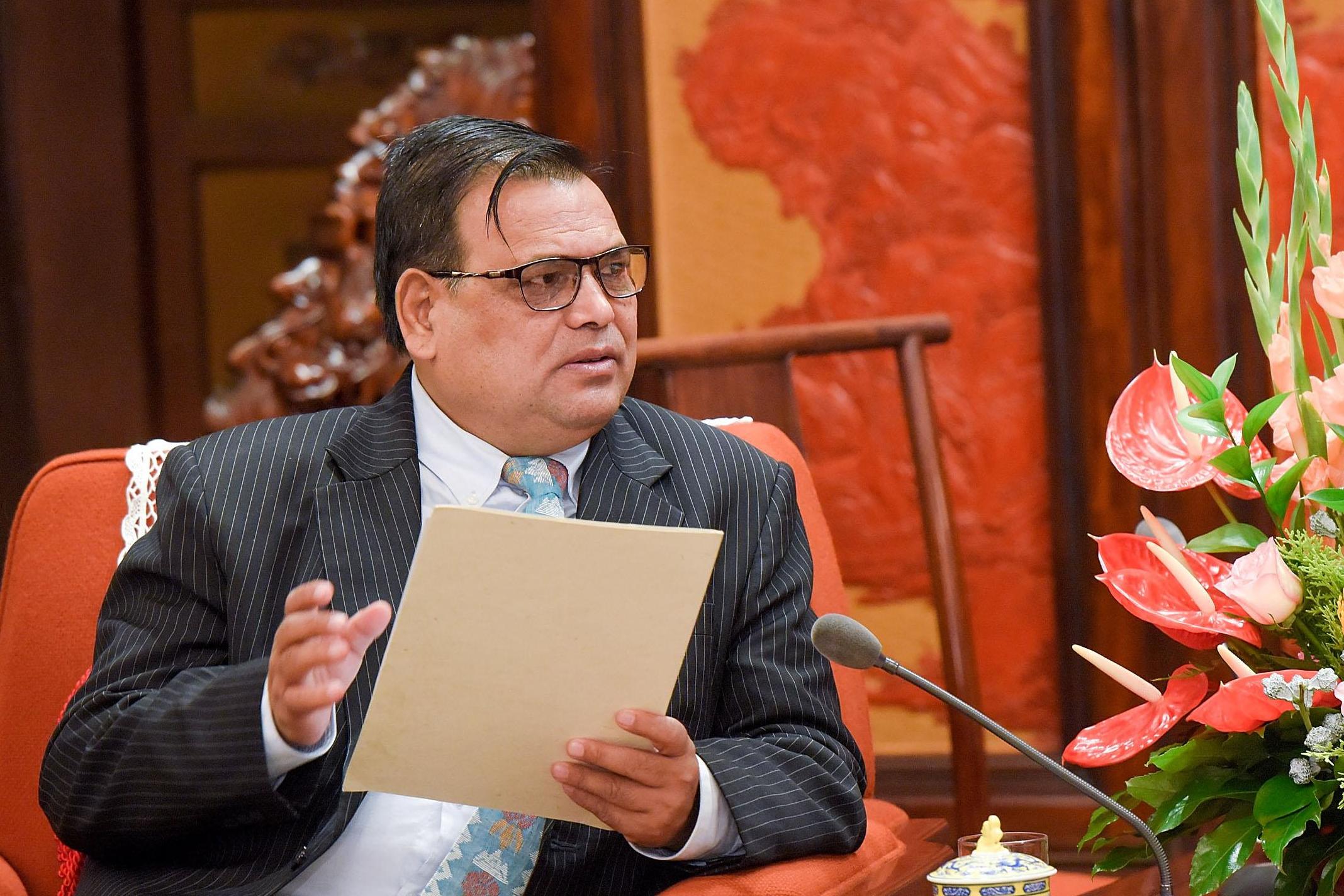Nepal parliament speaker resigns over accusation of rape by government worker
Politician denies allegation but claims resignation will help make inquiry easier

Your support helps us to tell the story
From reproductive rights to climate change to Big Tech, The Independent is on the ground when the story is developing. Whether it's investigating the financials of Elon Musk's pro-Trump PAC or producing our latest documentary, 'The A Word', which shines a light on the American women fighting for reproductive rights, we know how important it is to parse out the facts from the messaging.
At such a critical moment in US history, we need reporters on the ground. Your donation allows us to keep sending journalists to speak to both sides of the story.
The Independent is trusted by Americans across the entire political spectrum. And unlike many other quality news outlets, we choose not to lock Americans out of our reporting and analysis with paywalls. We believe quality journalism should be available to everyone, paid for by those who can afford it.
Your support makes all the difference.The speaker of Nepal's parliament, one of the country's top Communist Party leaders, resigned on Tuesday following allegations that he raped a government worker at her home while he was intoxicated.
In the letter of resignation, Krishna Bahadur Mahara said he wanted to make it easier for an independent and unbiased investigation of the allegation.
Police refused to comment on Tuesday.
News reports said that the woman accused Mr Mahara of entering her house on Sunday night while her husband was away and assaulting her.
An earlier statement issued by Mr Mahara's office said the allegation was baseless and that he had stepped out of his official residence for only two hours in the afternoon and was home on Sunday evening.
It said the woman had been refused a position in Mr Mahara's office and was likely angry as a result.
Mr Mahara was elected speaker of the House of Representative last year after the Communist Party of Nepal won a majority of the seats in elections in November 2017.
He was a leading figure of the Maoist rebels who fought a violent campaign against the government between 1996 and 2006.
The Maoists entered United Nations-monitored peace talks in 2006, ending their armed revolt, and joined mainstream politics.
Mr Mahara played a key role in the peace talks with the government.
He has served as deputy prime minister, information minister and home minister.
Associated Press
Join our commenting forum
Join thought-provoking conversations, follow other Independent readers and see their replies
Comments